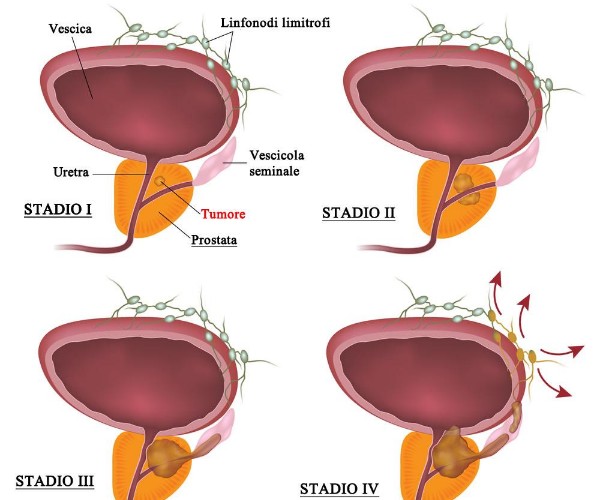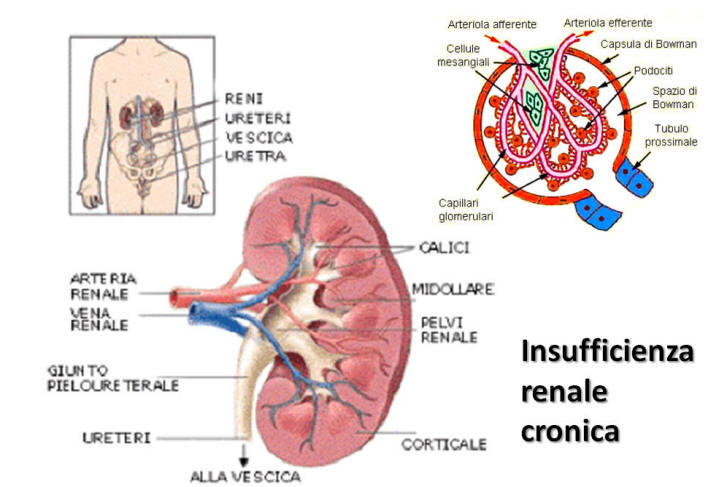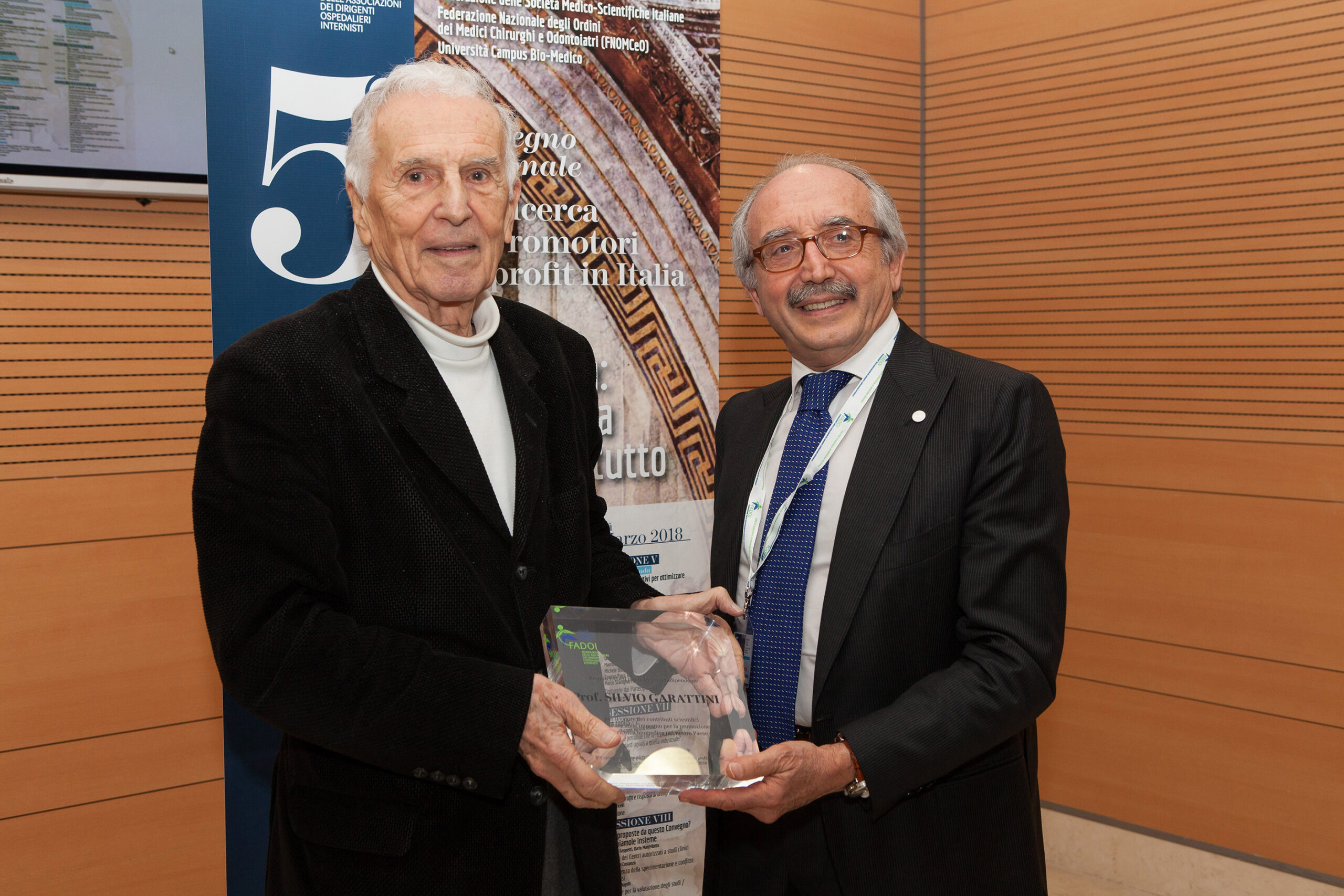Those who fail to have children are not always “sick” in the body (the rate of idiopathic or causeless infertility is in fact as high as 39 percent), always instead “suffering in the soul.”
They are people frequently carrying feelings of anger, shame, envy, and a sense of failure resulting from their frustrated desire. After all, the way we have been programmed, it is from desire(sexual desire and biological desire to reproduce) that life arises. All this can activate a particularly painful personal and couple crisis.
The very choice to intervene may highlight resistance, underlying ambivalence (recognizing, for example, that there is a problem, agreeing to ask for help and having one’s intimacy “violated,” etc., etc.) or unrealistic escapism.
Undertaking PMA(Medically Assisted Procreation) treatment then involves frequent resistance and means starting a journey that is very physically strenuous and costly in terms of emotion, time and money.
Lo studio of the infertility over time has seen a gradual broadening of vision: from a lens focused solely on the woman and her empty belly, the gaze first widened to include the man, his reproductive organs, then the couple, the interaction between male and female factors, and the quality of the relationship.
Procreative failure is in a psychological sense a real grief and, as such, of slow and complex processing. It forces a redefinition of personal and couple life plan. It also places sexuality in a different perspective.
We speak of a couple when a relational space (the WE) is created between two individuals based on a covenant of reciprocity and alliance, a covenant of personal trust that is not totally conscious as it is also determined by each person’s desires, needs and projections.
The discovery of a procreative difficultyimpossibility generates a real earthquake. In fact,infertility is found to be negatively associated with relational, sexual, and psychosocial well-being and causes elevated levels of stress and tension.
Skip contract and couple’s project; difficult questions arise “Is it really me you want?” “Is it really you I want?” “What is the point of our being together?”
The alternation of feelings is strong and swirling: anger, accusation, guilt, rejection, need for confirmation, resentment, regret. For some couples, it becomes impossible to talk about the topic, either because they do not want to hurt each other or because they do not feel understood. This increases closure, isolation and the resulting experience of loneliness.
Everyone responds in a personal way and sometimes with different intensity and speed. In some cases, it is one of the two (most frequently the woman) who becomes the driving element, and the other takes a gregarious role almost to please and please the partner.
The situations are multifaceted and each couple is a universe apart, albeit in the shared common experience of redefining plans and perspectives.
These elements are modulated by the quality of the couple relationship determined in turn by the type of attachment of the individual partners.
People who have a secure attachment style do in fact trust each other, handle anxiety and fear better, and are able to compromise. The insecure may tend to avoid conflict because they are unable to state their positions and accept the idea of support from the other. Or manifest ambivalence, tending to dominate the situation and putting pressure on the partner.
However, it should also be said that in some cases this complex situation can be an opportunity to “choose” oneself again, a kind of “renewal of promise.” The couple is able to come to a deeper and more mature knowledge, understanding and acceptance of each other. All of this, however, goes through a process that involves real questioning, crossing the line, pain, disappointment and accepting the downsizing of one’s ideals.
Also with regard to the effects of a condition of infertility/procreative difficulty on sexuality, the landscape is very varied, complex and diverse, again depending on the personological structure of individuals and the type of couple relationship. Some, for example, question the very meaning and value of sexuality (as it is decoupled from a procreative purpose), while others experience it as a kind of compulsive need, so you have to try, try, try…
Couples, however, tend to be reluctant to talk about it (although at the origin of procreative difficulties there are also moderately frequent sexual difficulties), driven as they are by a need to normalize and perhaps even to keep their intimacy protected.
Purposeful intercourse is agreed to be strongly disruptive to the fluidity and naturalness of sexual relations, so much so that it causes a lowering of desire and level of participation. In contrast, the use of PMA techniques does not seem to be a particularly disturbing element on this level.
The change of perspective in this dimension, again starting with the enhancement of desire in this case between the partners, could be access to a more joyful sexuality because it is free from the obligations of reproduction.




































































































